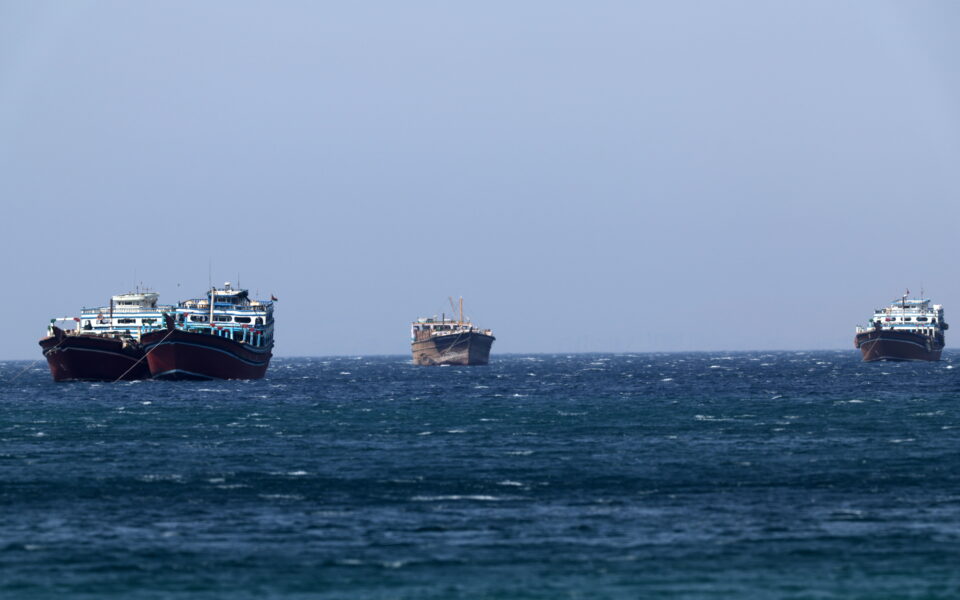
Gulf Shipping costs drop as Israel-Iran ceasefire holds
LONDON : Shipping costs for the Gulf have fallen in the past two days after a ceasefire was reached between Israel and Iran, although rates could rebound if tensions increase, shipping and insurance industry sources said.
The conflict had raised concerns that Iran could close Hormuz, the strait between Iran and Oman through which around 20% of global oil and gas demand flows amid broader fears that oil could soar to $100 per barrel. The ceasefire has temporarily eased those fears, stabilizing freight markets after days of sharp rate increases.
Spot charter rates for Very Large Crude Carriers (VLCCs), which transport up to 2 million barrels of oil, surged earlier in the week to more than $60,000 per day amid fears of escalating conflict. As of Thursday, daily rates had eased to around $50,000, according to freight market data. Omar Nokta, shipping analyst at Jefferies, noted in a market update that tanker rates have begun to retreat in response to the ceasefire and the pause in hostilities.
The ceasefire, which came into effect Tuesday following 12 days of conflict, has led to a visible easing of tensions across maritime corridors. Greece’s Ministry of Shipping and Island Policy on Thursday revised its guidance for Greek-flagged vessels, no longer requiring them to report sailings through the Strait of Hormuz. The ministry noted that conditions in the region “appear to have been improved.”
War risk insurance premiums for vessels transiting Gulf waters have also dropped. Premiums that had climbed to as high as 0.5 percent earlier this week have now fallen to between 0.35 and 0.45 percent, down from typical rates of around 0.3 percent prior to the flare-up. The decline could mean savings of tens of thousands of dollars per voyage, depending on vessel value and duration of the trip.
“Rates have definitely softened,” said David Smith, head of marine at insurance brokerage McGill and Partners. “While war premiums are still elevated, a growing number of insurers are returning to the market with capacity, and that, combined with the political de-escalation, is pushing rates downward. That said, the situation remains highly fluid.”
Despite the de-escalation, regional uncertainty persists. In his first public remarks since the ceasefire, Iran’s Supreme Leader Ayatollah Ali Khamenei warned Thursday that Iran would retaliate by striking U.S. military bases across the Middle East if attacked again.
For now, markets are cautiously optimistic, but shipping and insurance players remain on high alert. Any deterioration in the fragile ceasefire could quickly reverse the current trend, reigniting volatility in both freight rates and energy markets.
Source: Reuters

